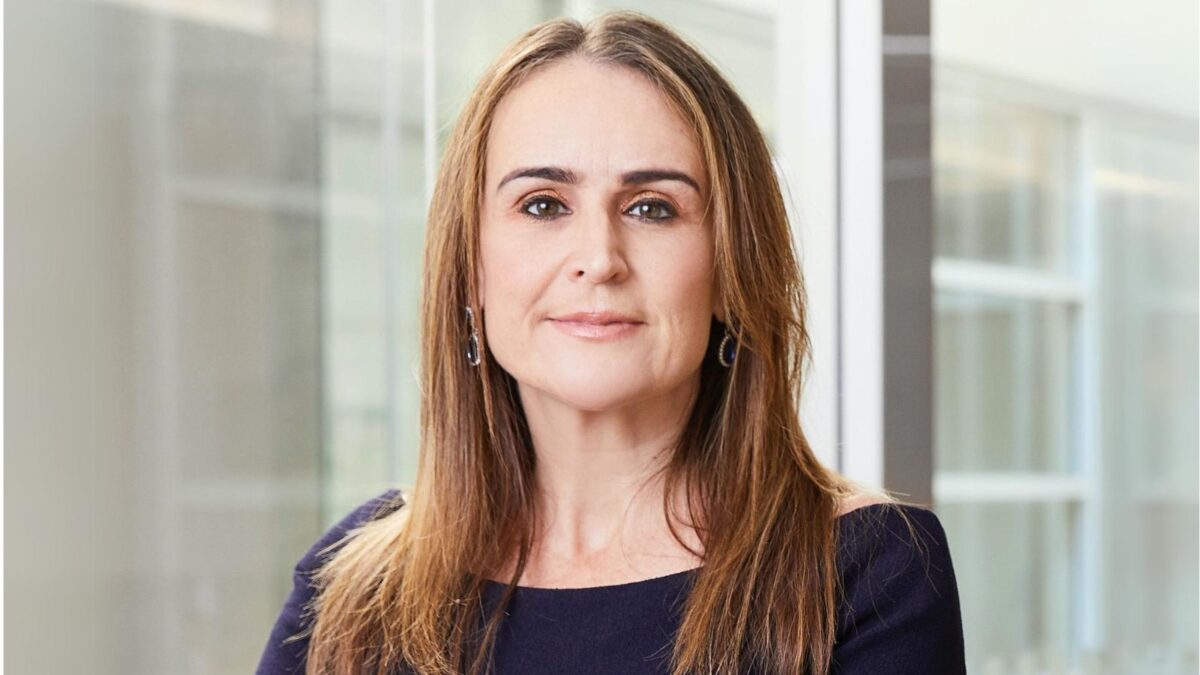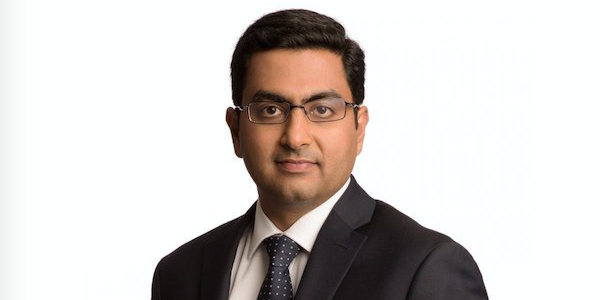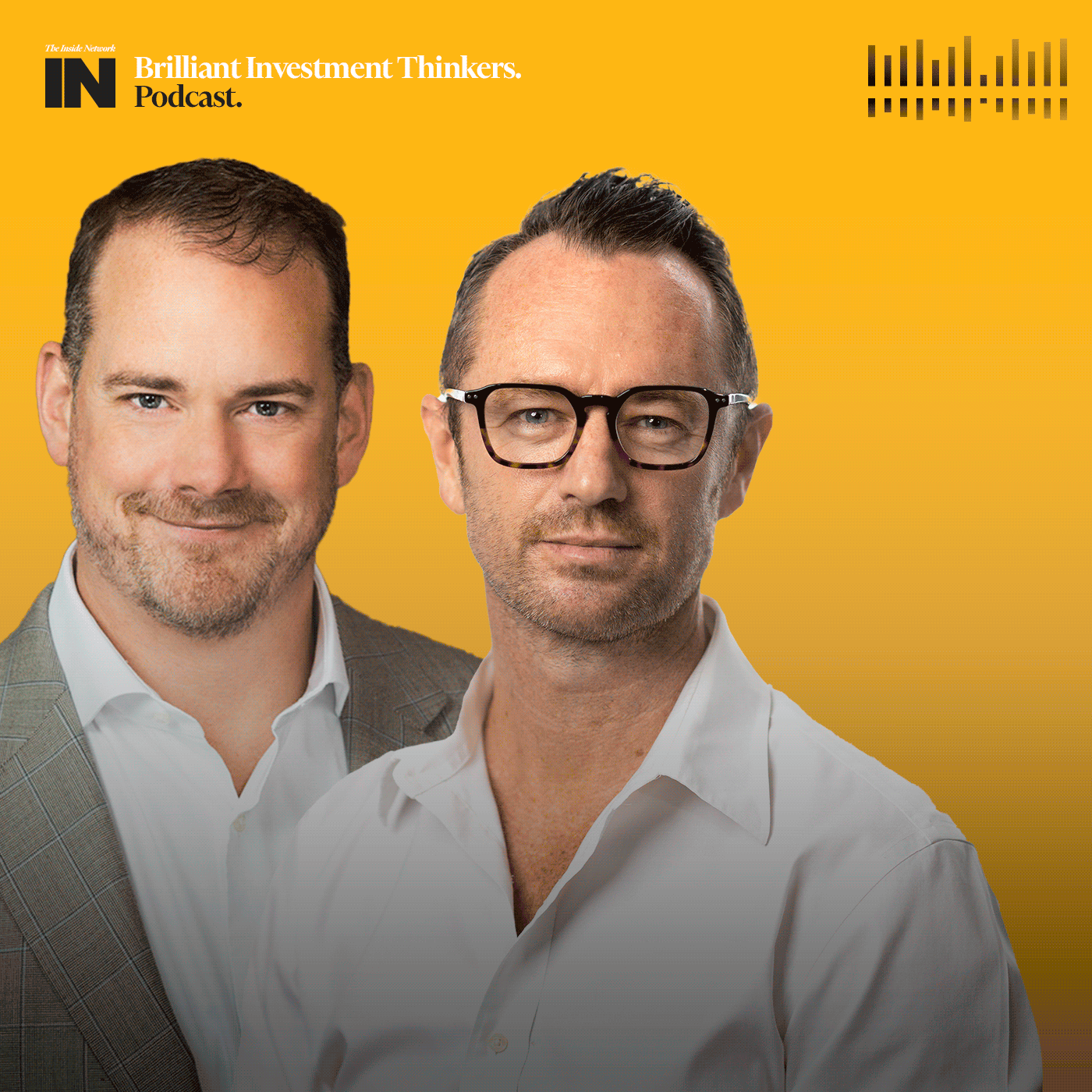Taking ESG beyond impact investing
For fixed-income investors, understanding environmental, social and governance (ESG) factors – as they are financially material to performance – has proven to be critical in assessing an issuer’s fundamental quality.
In our experience, integrating ESG factors into traditional fundamental research, combined with active engagement, can enhance long-term investment performance and create positive impact. Recent research has also shown this to be the case.
Responsible Investing approach larger than impact
Perhaps the most common conception of Responsible fixed-income investing involves “direct impact” – a green bond, for example, for the financing of a renewable energy project. While impact certainly is important and a large focus at Calvert, it represents just one facet of our process.
Calvert’s approach to fixed income is best viewed in the larger context of Responsible Investing. The core premise is that companies must address a range of ESG factors that materially affect their industries. Thus, the picture of an issuer’s long-term outlook is incomplete unless it reveals how these financially material factors are recognized and controlled by management.
Sector-based coverage
Our process seeks to integrate ESG factors into traditional fundamental research. Complete sector-based research coverage by specialized teams forms the backbone of our process. ESG analysis applies to the principal sectors of securitized bonds, green bonds, floating-rate loans and municipal bonds; sector preference is driven by the team’s top-down view. The opportunity set defined by the ESG analysis is integrated with traditional credit analysis, technical analysis and structural analysis, resulting in security selection. Risk-adjusted portfolios are constructed in keeping with the team’s top-down view.
Early ESG research focused on equities. For example, Khan, Serafeim and Yoon showed that companies improving their performance in industry-specific material ESG issues outperform their competitors in the future, both in terms of accounting and stock market performance. (Khan, Mozaffar and Serafeim, George and Yoon, Aaron, “Corporate Sustainability: First Evidence on Materiality,” The Accounting Review, Vol. 91, No. 6 (2016), pp. 1697-1724.) More recently, similar research by Barclays and Bank of America/Merrill Lynch points to the role ESG factors can have in improving risk-adjusted performance in the corporate bond market. (Sources: Barclays, “Sustainable investing and bond returns,” 2017, Bank of America/Merrill Lynch, “The ABC’s of ESG,” September 10, 2018.)
Seeking superior investment performance and positive impact, Calvert has developed comprehensive and scalable research capable of generating competitive financial results from a large issuer universe. Our process looks to address the demand for responsible capital allocation to bond portfolios by considering impact as an ongoing part of portfolio construction.
In our experience, integrating ESG factors into traditional fundamental research, with active engagement, can potentially enhance long-term investment performance and create positive impact. Investing primarily in responsible investments carries the risk that, under certain market conditions, they may underperform investments that do not utilize a responsible investment strategy.
Vishal Khanduja and Brian Ellis are Calvert fixed income portfolio
managers.









